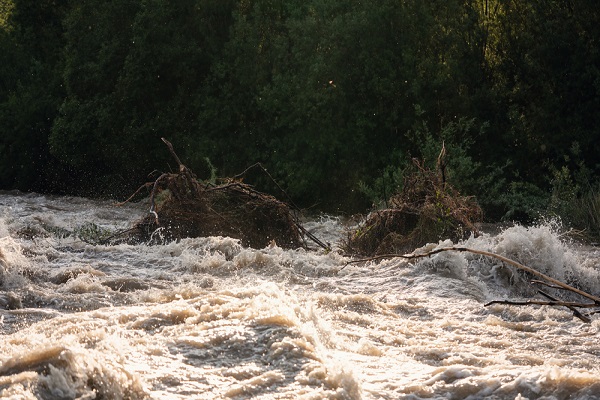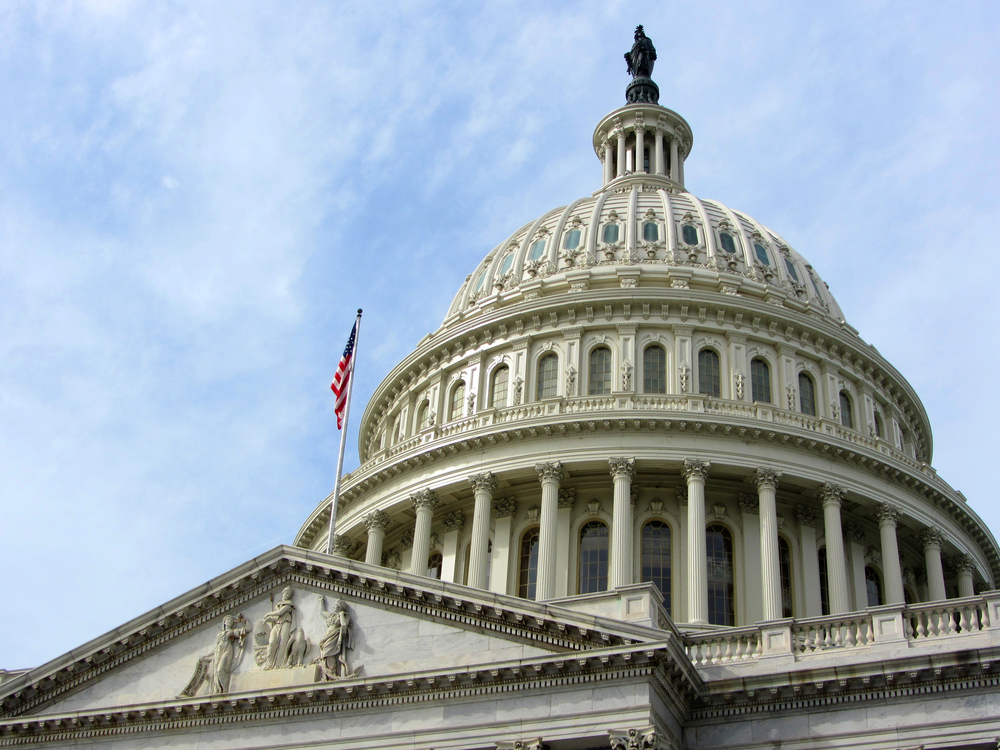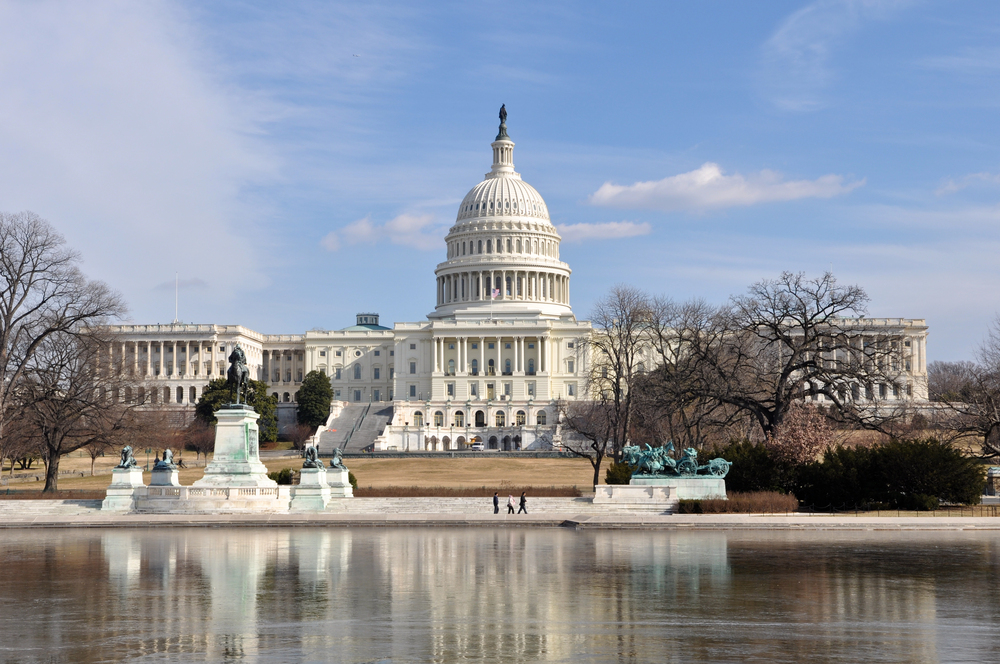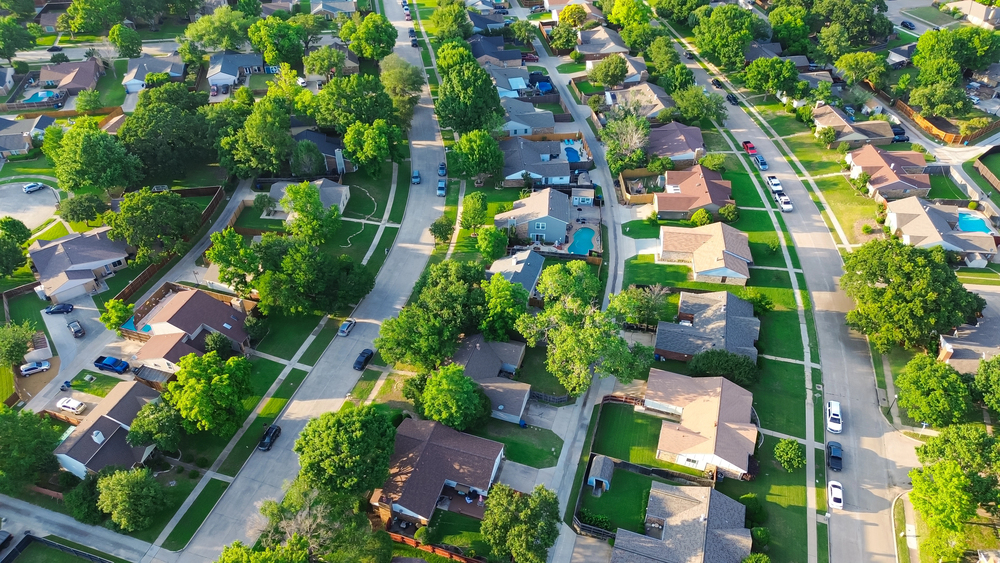Two-Thirds Believe Homeowners, Renters Covers Flood Damage

By: AnneMarie McPherson Spears
Despite news reports and public policy discussions about climate change and increasing catastrophes, including floods, 59% of U.S. adults say they are not likely to reevaluate their need for flood insurance, according to a survey commissioned by Selective and conducted by The Harris Poll.
Of the U.S. adults surveyed, only 14% had flood insurance. Among those with a standalone flood policy, 66% had filed a claim, which is an indicator of the prevalence of floods, Selective pointed out in its press release.
Meanwhile, the misnomer that homeowners and renters policies cover flood damage continues. Two-thirds of consumers with homeowners and renters insurance incorrectly believe their current policy covers flood-related damage to home structure or contents, the survey found.
“Flooding is the most common natural disaster and can occur anywhere in the country. Recent inland flood events and increased frequency of hurricanes highlight the very real risks facing property owners,” said Cassie Masone, vice president of flood operations at Selective Insurance. “Homeowners and renters often have a false sense of confidence that a flood won’t impact them because they are far from bodies of water, but changing weather patterns and evolving topography make it more important than ever to have a flood insurance policy.”
Additionally, consumers have significant misconceptions about flooding causes and what is and isn’t insured under their homeowners or renters policies. Sixty-two percent believe that major storms, like hurricanes or tropical storms, are among the most common causes of large-scale flooding, not taking into account other common causes like persistent rainfall (59%), river and lake flooding (49%), levee or dam breaks (33%), rapid snow melt (30%) and ice jams (16%).
Another cause that consumers didn’t list is wildfire-charred land, which is prone to flooding because it can’t absorb rainfall.
This week brought more winter storms and flood threats to California, which has been saturated by atmospheric storms and flooding this winter. Heavy downpours on Tuesday and Wednesday flooded streets and sidewalks in San Francisco, with mudslides closing roads to the north and south, ABC News reported, while the Los Angeles area has recorded around 10 inches of rain in February so far. The latest storms come weeks after an earlier winter storm brought severe floods and mudslides to the state.
However, few homeowners in California have flood insurance, with Trevor Burgess, CEO of Neptune Flood, placing the amount at 2% in January 2023. In its survey, Neptune found respondents haven’t purchased flood insurance because they don’t believe they are at risk (61%), followed by it not simply being on their mind (30%), not having disposable income (29%) and believing it was too expensive (28%).
AnneMarie McPherson Spears is IA news editor.










